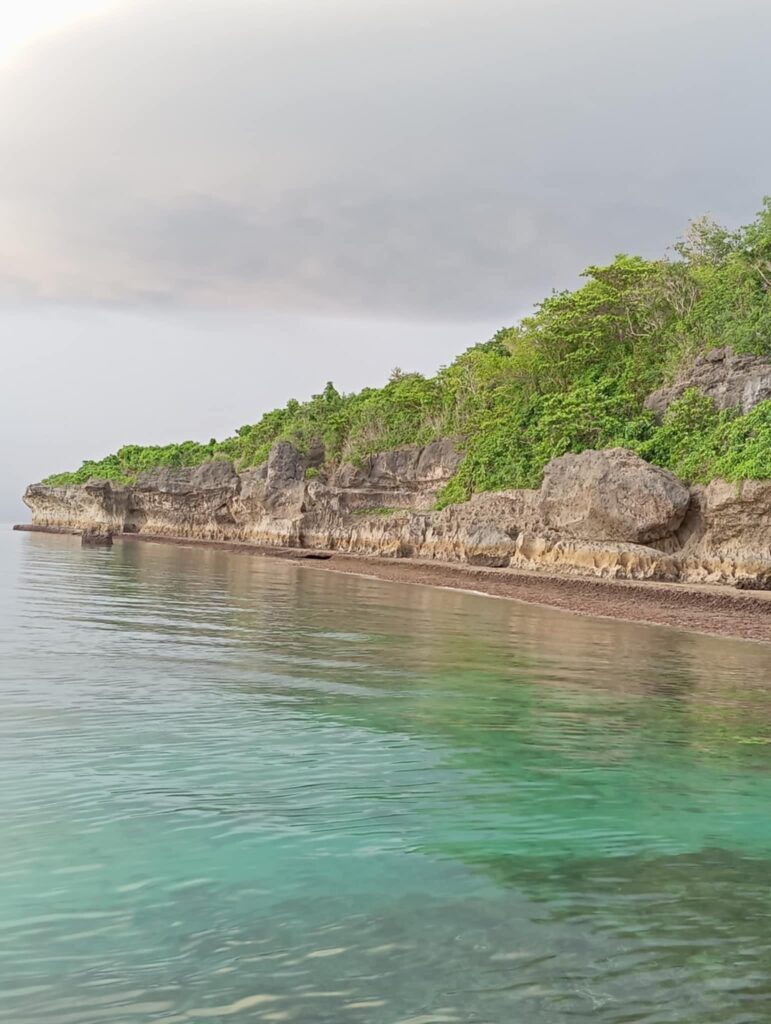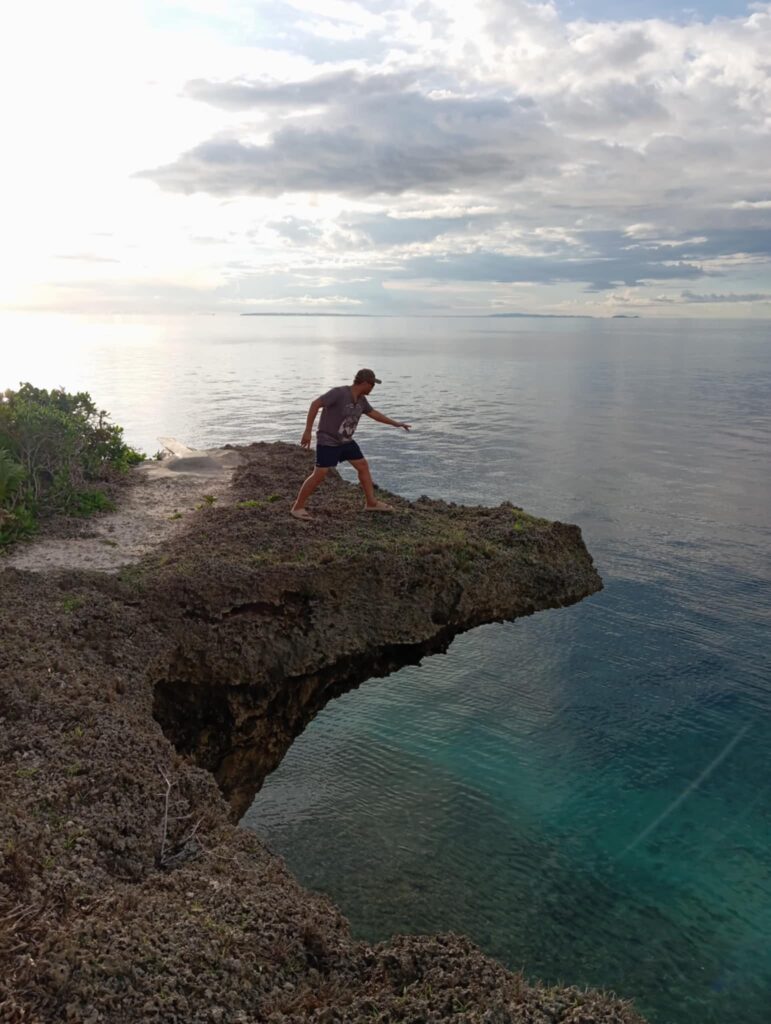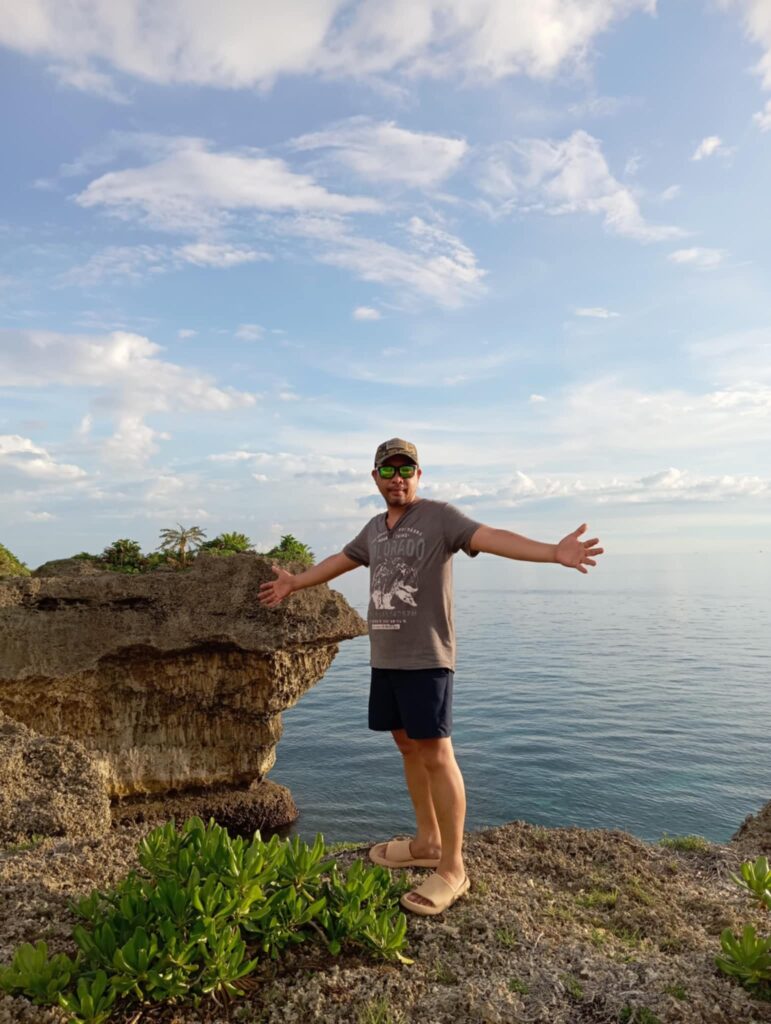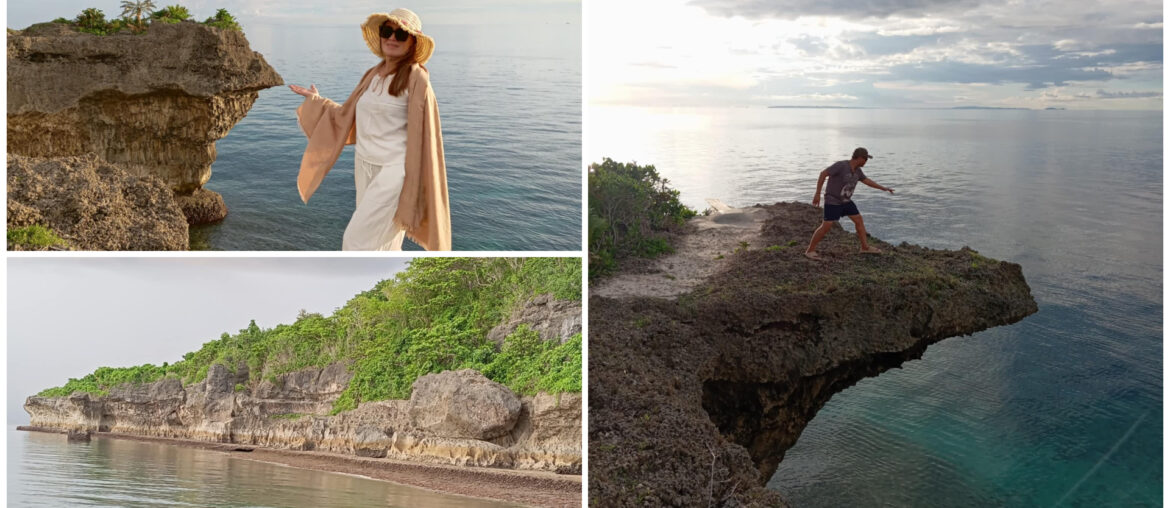
The Higatangan Rock Formations are a monument to the craftsmanship of nature that is located in the waters of Biliran Province. For those seeking adventure and peace, these limestone constructions that were sculpted over centuries by the unrelenting powers of wind and sea provide an enthralling spectacle.

A Natural Masterpiece

The Higatangan Rock Formations are located at the back of Higatangan Island facing the Visayan Sea. Crafted by nature’s own hands, these formations are a result of hundreds of years of heat, wind, erosion, and the crashing waves. Visitors can explore the area by boat or on foot with the latter providing unobstructed views of the sea and nearby attractions like the Marcos Lighthouse.
Legends and Lore

Local folklore adds an air of mystique to the rock formations suggesting they are the dwelling place of supernatural creatures. There have been instances where passing boats were rocked and cameras malfunctioned when approaching these formations. Tourists are advised to behave respectfully to avoid inviting bad karma. Some legends even speak of a secret underwater cave route leading to Masbate
The Higatangan Rock Formations are a combination of geological wonder and cultural legacy making them more than just a natural wonder. This location guarantees an amazing experience whether you’re an adventurer, a photography enthusiast, or just someone looking for a quiet getaway.

How To Get There?
Location: Higatangan Island, Naval, Biliran, Eastern Visayas, Philippines
- By Car: From Tacloban City, drive to Naval which is the capital town of Biliran that usually takes around 3 to 4 hours via the Biliran Bridge. Once in Naval, head to the port where boats going to Higatangan Island are available and from there, take a 45 minute boat ride to reach the island and its rock formations.
- By Commute: From Tacloban City, ride a van or bus bound for Naval, Biliran, with travel time of about 3 to 4 hours. Upon reaching Naval, proceed to the port area where you can ride passenger boats going to Higatangan Island which usually takes around 45 minutes before arriving at the rock formations.




Comments are closed.